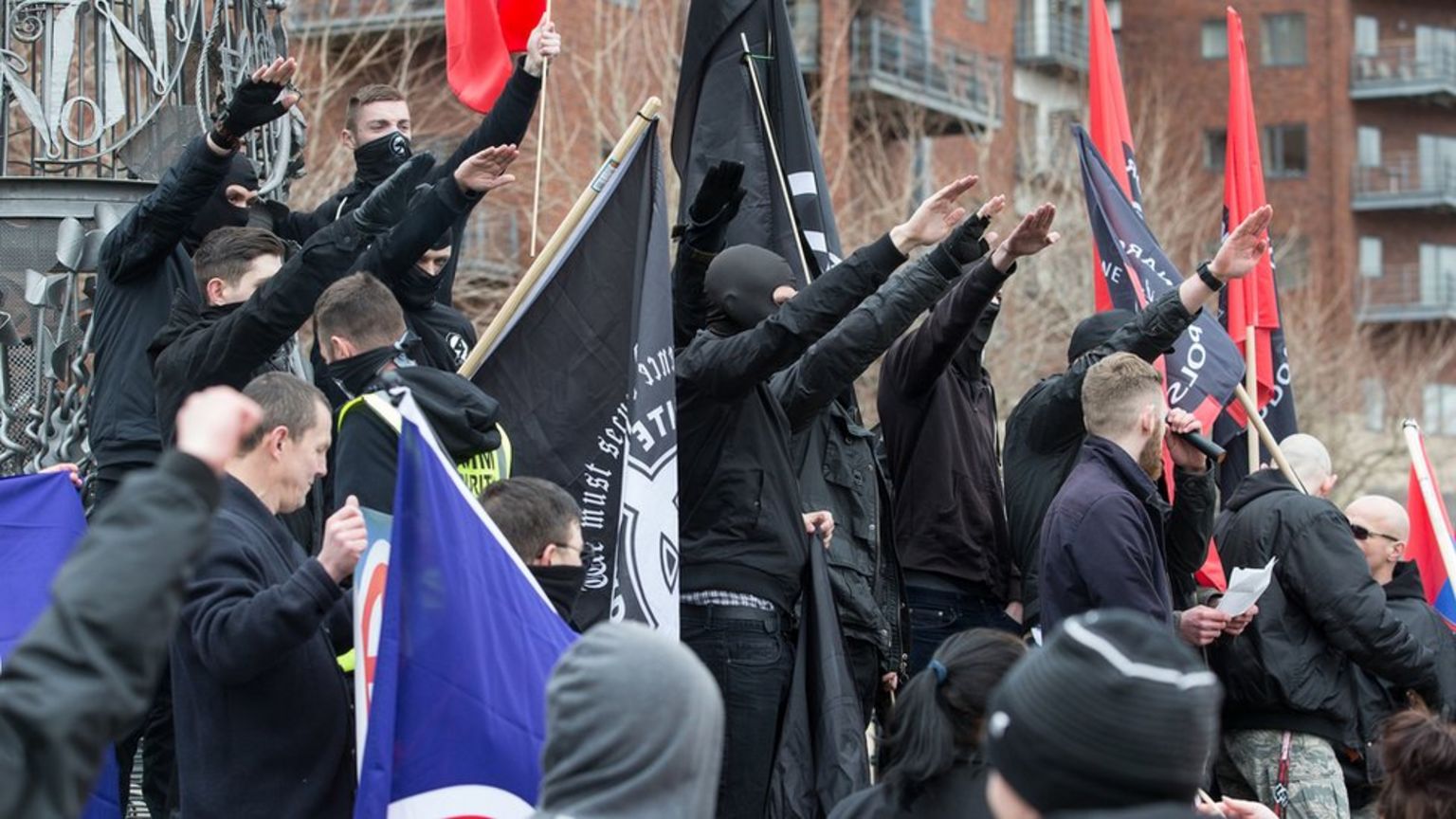By: Brian Kim
Impunity Watch Reporter, Asia
PHNOM PENH, Cambodia – On Sunday, September 3rd, Cambodia’s main opposition leader, Kem Sokha, was arrested for treason. He is accused of violating Article 443 which prevents officials from “colluding with foreigners.” If convicted, Mr. Sokha could face a 30 year jail term.

The opposition leader was arrested during a heavy crackdown on critics of Prime Minister Sen’s government. The government officals accused Mr. Sokha of discussing plots with the United States government to undermine Cambodia.
The government, as evidence, disclosed a four-year-old video of Mr. Sokha giving a speech and stating that he has received advice from the United States government on establishing an opposition group in Cambodia.
According to Mr. Sokha’s daughter, Ken Monovithya, more than 100 police officers surrounded their home and arrest her father without a warrant. She stated that Mr. Sokha was handcuffed and escorted to an unmarked vehicle by numerous officers. It is reported that he is currently being held at a remote prison near the Vietnamese boarder. He has not been given an opportunity to speak to an attorney.
Upon Mr. Sokha’s arrest, the United States Embassy in Phnom Penh commented that the charges “appear to be politically motivated.”
The Cambodia’s Prime Minister, Hun Sen, and his ruling Cambodian People’s Party will face a tough election next year. After ruling the country for more than three decades, Mr. Sen’s critics have accused him of trying to eliminate his oppositions prior to the upcoming election.
The New York based Human Rights Watch group has recently stated that “the government and the ruling CPP have manufactured these treason charges against Kem Sokha for political purposes, aiming to try and knock the political opposition out of the ring before the 2018 electoral contest ever begins.”
NYT – Cambodia Arrests Opposition Leader, Accusing Him of Treason – 2 September, 2017
Reuters – Cambodia charges opposition leader with treason – 5 September, 2017
Aljazeera – Cambodia politician Kem Sokha charged with treason – 6 September, 2017









